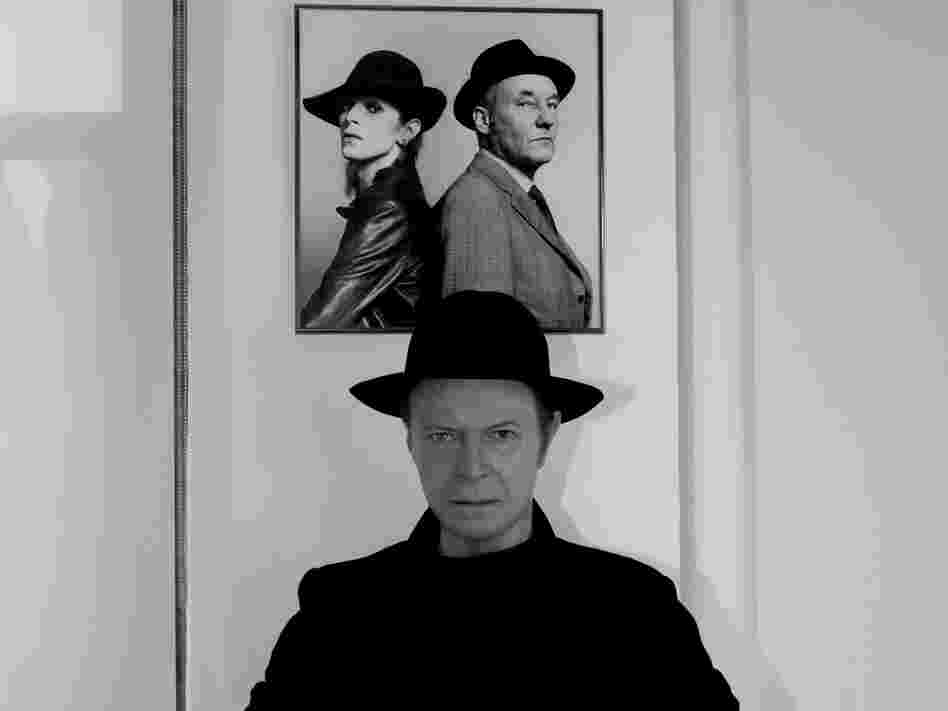 |
| Bowie in the Sixties (by Emma O'Leary) |
Not all the acts were well known back then but some would become famous in later years. Marc Bolan came with John’s Children, Rod Stewart with Steam Packet and on Saturday 30 October 1965, we saw a cockney-sounding bloke called David Bowie and his band the Lower Third. They were a bit blues, a bit Who (second-class bands tended that way back then), and no one took much notice. But mid-60s Bowie
 |
| The Ziggy Stardust era (by Emma O'Leary) |
In this respect his work is less personal than the other major singer-songwriters while the sound on his albums is always the sound of a solo artist who matured as a member of various bands, whether the King Bees, the Lower Third or the Spiders from Mars. Even on an album as stylistically disparate as this new one it sounds as though Bowie
On my first day of the Next Day it seemed that nothing had changed as I felt frequently that I might have been listening to a track from Ziggy Stardust, Heroes, or even later work like Ashes to Ashes. Dylan has manufactured an old man’s voice with a cracked authenticity that surpasses many of his mentors while poor old ‘Macca’ croaks and strains to entertain Her Majesty with his sounds of the sixties but David Bowie sounds still just like Bowie
 |
| Bowie in 2013 (photo by Jimmy King) (source: npr.org) |
When he permits himself a glimpse into the future, the images and sounds offer little hope. In “Love is Lost”, for example, he advises us to “wave goodbye to the life without pain”. The title track “The Next Day” reminds us “Here I am, not quite dying” and you believe him for the energy in the track and from “Dancing Out in Space” – a space where no-one can watch you dance, which like so much of Bowie
“Where Are We Now” is the poignant longing of a man looking back but reassuring himself that “as long as there’s you” there’s me. Although slower, it hints at the anthemic quality of “Heroes”. The insistent drum beat of “If You Can See Me” tries to disrupt the declamatory speech (hardly singing) and threatening keyboard, as the modernism of atonality, noise and collage come to pop.
There are more intimations of mortality in “I’d Rather be High” as he “scrambles to the graveyard” until we realise this is his 2013 anti-war protest song – the genre isn’t dead yet. Later he slows down to talk “in the dark” but feeling “So Lonely You Could Die” in a dystopian urban revisiting of the fears of “Five Years” – the first track from that career changing moment that was Ziggy Stardust. Did Ziggy really die or is he still with us, in disguise? “Set the World on Fire” reminds us of Bowie
“Heat” is another vision of a world facing its final days from a man who tells himself “I don’t know who I am”. Bowie ’s from the days of Biba but in these days of the infant Bieber, nothing here sounds like the work of an old man – the words are delivered by an ageless Bowie
Is it one of his best? I’ve no idea yet, but it might be. Bowie Bowie
good to see bowie back!
ReplyDeleteThat it is
ReplyDelete